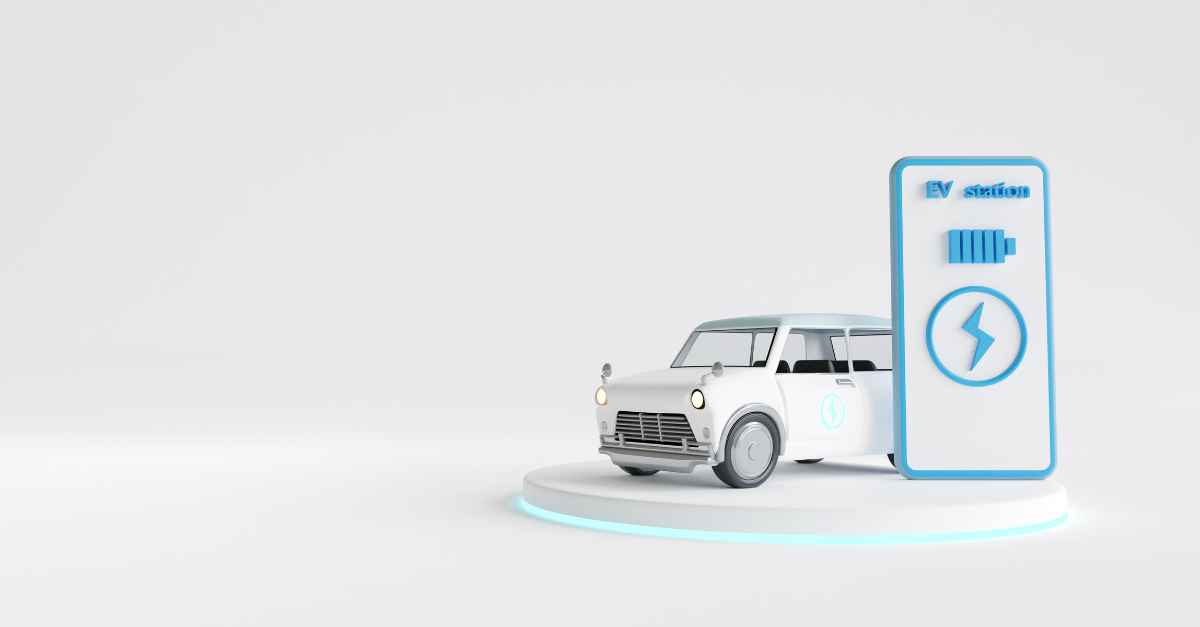Sales of EVs could slow following the government’s decision to delay the ban on the sale of new petrol and diesel cars from 2030 to 2035, according to David Borland, EY UK & Ireland Automotive Lead.
Commenting after the Society of Motor Manufacturers and Traders reported a 21% year-on-year increase in registrations during September, he said the outlook for the automotive industry in the UK was positive.
The country overtook France to become the world’s eighth largest vehicle manufacturer, and signs are encouraging that this will continue with investments in plants in Somerset, Oxford, Swindon and Ellesmere Port.
However, David said: “The UK government’s decision to move the ICE sales ban from 2030 to 2035 was a significant and unexpected move. The shift in policy may have a negative impact on consumer demand for EVs in the short term, as well as potentially affecting demand from fleet operators as both groups work out what the changes mean for them.
“There is a risk that with OEMs, retailers and charge point operators all having invested significant capital in anticipation of a 2030 ICE sales ban, the policy shift could see supply outstripping demand.”
















